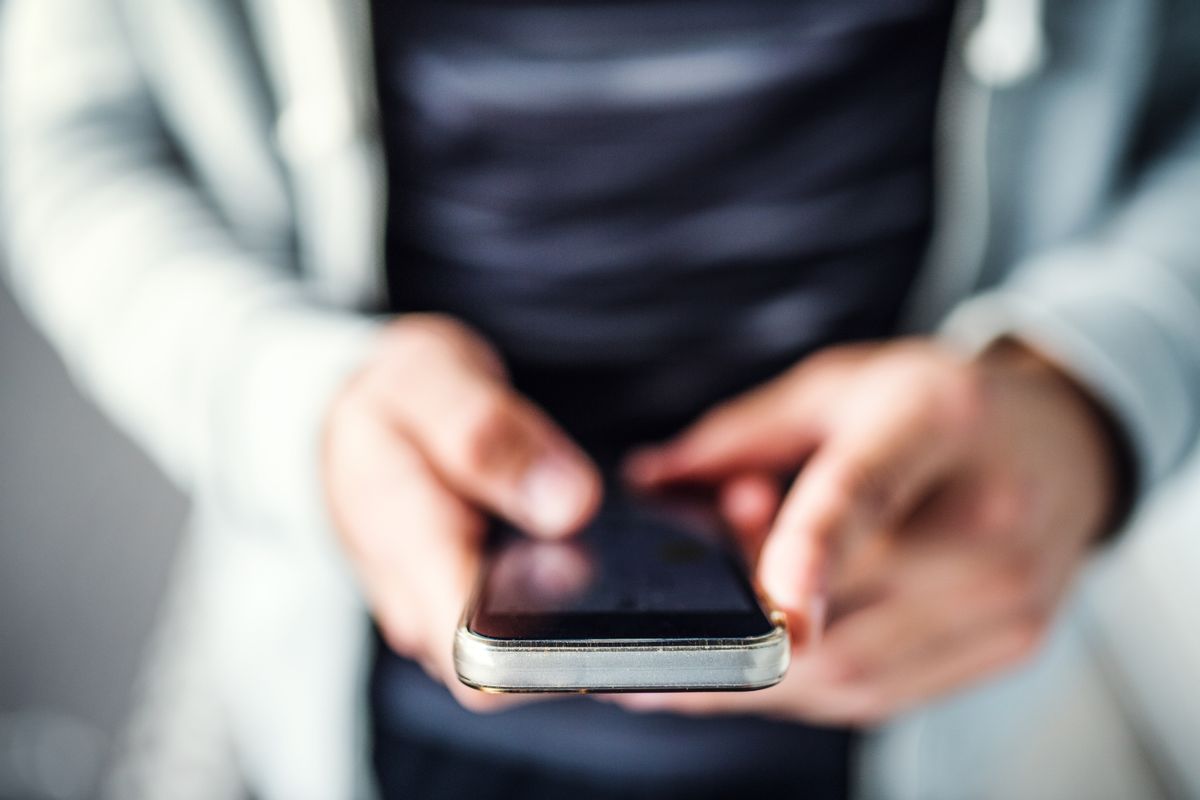In the months after the first round of COVID-19 stimulus check payments were distributed in April 2020, many American families wondered whether there would be a second round of relief. As they waited, some deceptive actors took advantage of the uncertainty over whether that additional supplement would occur.
Among those misleading attempts was a text message made to look as if it had been sent on behalf of the IRS, asking the recipient to enter personal information in order to receive a second stimulus check.
At the time of this writing, a second COVID-19 relief package that might include another round of stimulus checks was at a federal standstill in the week following the 2020 general election. According to an IRS notice posted on Nov. 4, any text messages alluding to a second check are part of a phishing scam to collect personal and financial data — including bank account information.
In most cases, the scam text message stated:
"You have received a direct deposit of $1,200 from COVID-19 TREAS FUND. Further action is required to accept this payment into your account. Continue here to accept this payment…"
The text message also included a fake phishing URL made to look like a state agency or relief organization, and in some cases, directly imitated the IRS.gov “Get My Payment” website, according to the IRS notice.
But the federal agency said it will never ask for bank account information so that a deposit can be made, and does not send unsolicited texts or emails.
"Criminals are relentlessly using COVID-19 and Economic Impact Payments as cover to try to trick taxpayers out of their money or identities," said IRS Commissioner Chuck Rettig in a statement. "This scam is a new twist on those we've been seeing much of this year. We urge people to remain alert to these types of scams."
The IRS asked that people who receive the scam text take a screenshot and report it to phishing@irs.gov. Be sure to include the date, time and time zone that the text message was received, as well as the number that sent the text and the number that received it.
For those who may have not received a stimulus check, the IRS has extended the application deadline to Nov. 1, 2020. For more information on the economic impact payments, visit here.

